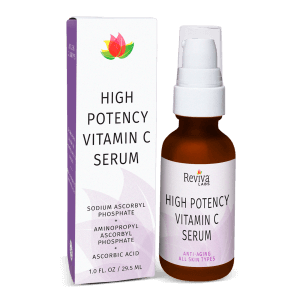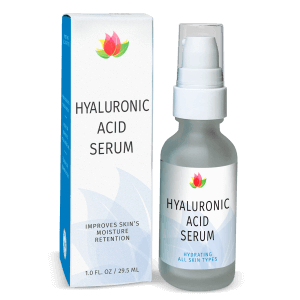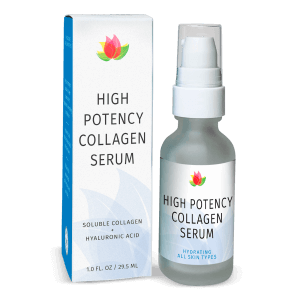Reviva Labs, Skin Care
Does Freckled Skin Have Any Unique Issues?
Freckled skin is often admired for its distinctive and charming appearance. These small, flat, brown marks, typically found on the face, shoulders, and arms, can give a unique and beautiful look. However, freckled skin does have certain characteristics and considerations that may require special attention.
Understanding Freckles
Freckles, medically known as ephelides, are small, concentrated areas of increased melanin production. They tend to appear on sun-exposed areas and are more common in individuals with lighter skin tones. Freckles are often genetic, linked to the MC1R gene, which also influences skin and hair color. While they are usually harmless, understanding their nature is crucial for maintaining healthy skin.
Sun Sensitivity
One of the primary concerns for individuals with freckled skin is increased sun sensitivity. Freckles are an indicator of skin that produces melanin more readily in response to UV exposure. This means that people with freckles are often more susceptible to sunburns and sun damage. Proper sun protection is essential. Using broad-spectrum sunscreen with a high SPF, wearing protective clothing, and seeking shade during peak sunlight hours are critical steps in protecting freckled skin from harmful UV rays.
Risk of Skin Cancer
Freckled skin can also be a marker for a higher risk of developing skin cancer. A study by the American Academy of Dermatology (AAD) found that individuals with freckles and lighter skin tones have a higher incidence of melanoma, the deadliest form of skin cancer. This makes regular skin checks and monitoring changes in freckle patterns or new growths essential. Early detection and intervention are key in managing skin health.

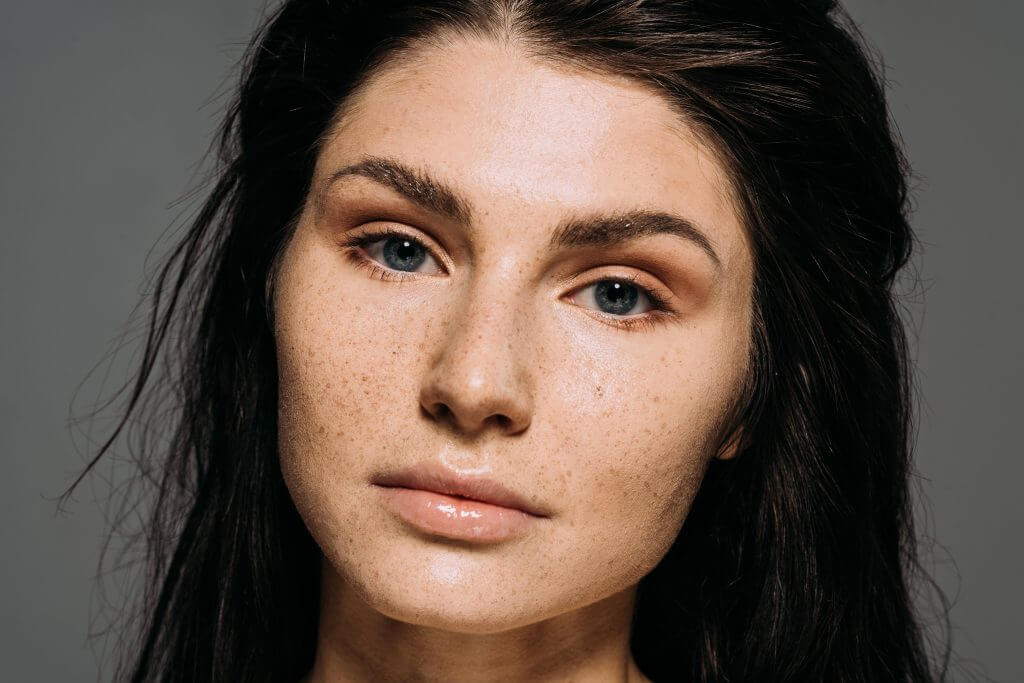

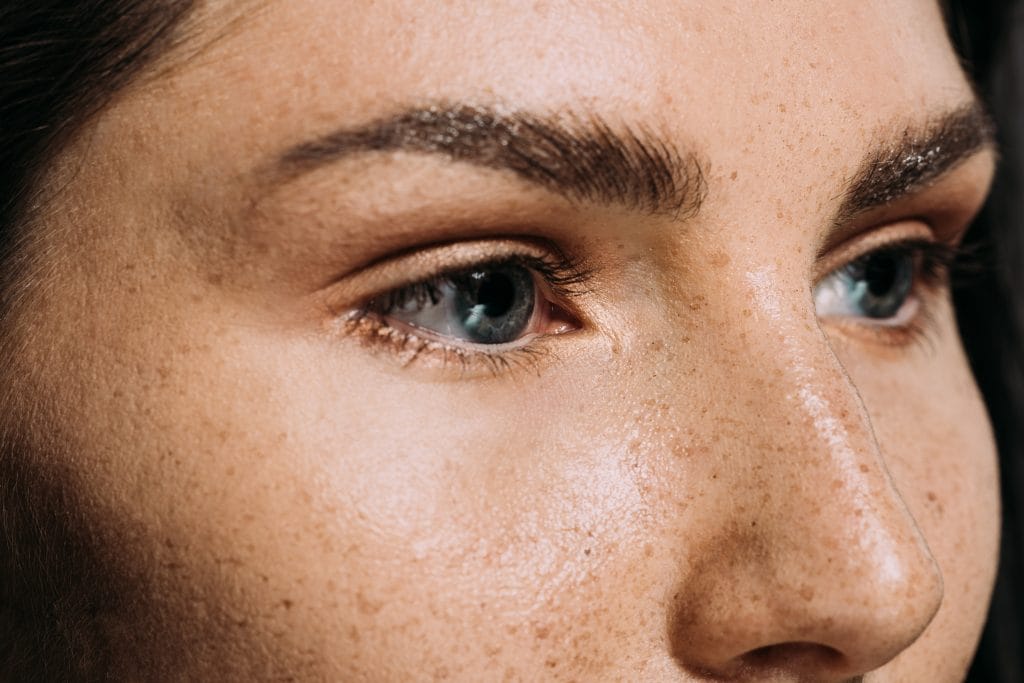
Skincare Considerations
Freckled skin often requires a tailored skincare routine to address its unique needs. Gentle cleansing and moisturizing are fundamental to maintain skin health without causing irritation. Exfoliation should be approached with care; over-exfoliating can lead to increased sensitivity and potential damage. Products containing antioxidants, such as vitamin C, can help protect and repair skin from environmental stressors.
Hydration and Moisturization
Hydration is vital for all skin types, but it holds special importance for those with freckled skin. Keeping the skin well-moisturized helps maintain its barrier function, reducing the risk of irritation and dryness. Look for products with hydrating ingredients like hyaluronic acid and glycerin. These components draw moisture into the skin, keeping it plump and healthy.
Evening Out Skin Tone
While many embrace their freckles as part of their unique beauty, some may wish to even out their skin tone. For those looking to minimize the appearance of freckles, products with gentle brightening agents like niacinamide or licorice root extract can be effective. These ingredients help reduce hyperpigmentation without causing significant irritation.
Cosmetic Considerations
Makeup application on freckled skin can be both a joy and a challenge. Many with freckles prefer a sheer foundation or tinted moisturizer to allow their freckles to shine through while evening out their skin tone. Heavy, full-coverage foundations can mask the natural beauty of freckles, so opting for lighter coverage is often more flattering. Additionally, using makeup with SPF can provide an extra layer of sun protection.
Embracing Freckles
In recent years, there has been a shift towards embracing natural beauty, and freckles are no exception. Many people are now celebrating their freckles, seeing them as a unique feature rather than something to be hidden. This cultural shift has led to the popularity of “freckle makeup,” where individuals even create faux freckles to mimic the look of naturally freckled skin. Embracing freckles can boost confidence and promote a positive self-image.
Seasonal Care
Freckled skin may require different care approaches depending on the season. During summer, the focus should be on sun protection and hydration to combat increased UV exposure and heat. In contrast, winter care might involve richer moisturizers to combat dryness and maintain skin barrier function. Adapting your skincare routine to the changing seasons can help keep freckled skin healthy and radiant year-round.
Professional Treatments
For those looking to address specific skin concerns, professional treatments can offer solutions. Chemical peels, laser treatments, and microdermabrasion are options that can help reduce the appearance of freckles and improve overall skin texture. It is crucial to consult with a dermatologist to determine the most appropriate treatment based on individual skin type and needs.
Myth Busting
There are several myths surrounding freckles that need debunking. One common misconception is that freckles are a sign of skin damage. While freckles can increase with sun exposure, they are primarily a genetic trait and not necessarily an indicator of skin health. Another myth is that freckles only appear in childhood. Freckles can develop or become more prominent at any age with continued sun exposure.
Psychological Impact
The psychological impact of having freckled skin can vary widely. While some may embrace their freckles as a unique aspect of their appearance, others may feel self-conscious. It’s important to foster a positive self-image and recognize that beauty comes in many forms. Encouraging acceptance and appreciation of one’s natural features can contribute to overall well-being and confidence.
Special Needs of Freckled Skin
Freckled skin, with its unique charm, requires specific care and attention. Understanding the nature of freckles, prioritizing sun protection, and adopting a tailored skincare routine are essential steps in maintaining healthy, radiant skin. Embracing freckles and fostering a positive self-image can enhance both physical and psychological well-being. With the right care, freckled skin can continue to be a beautiful and distinctive feature.







